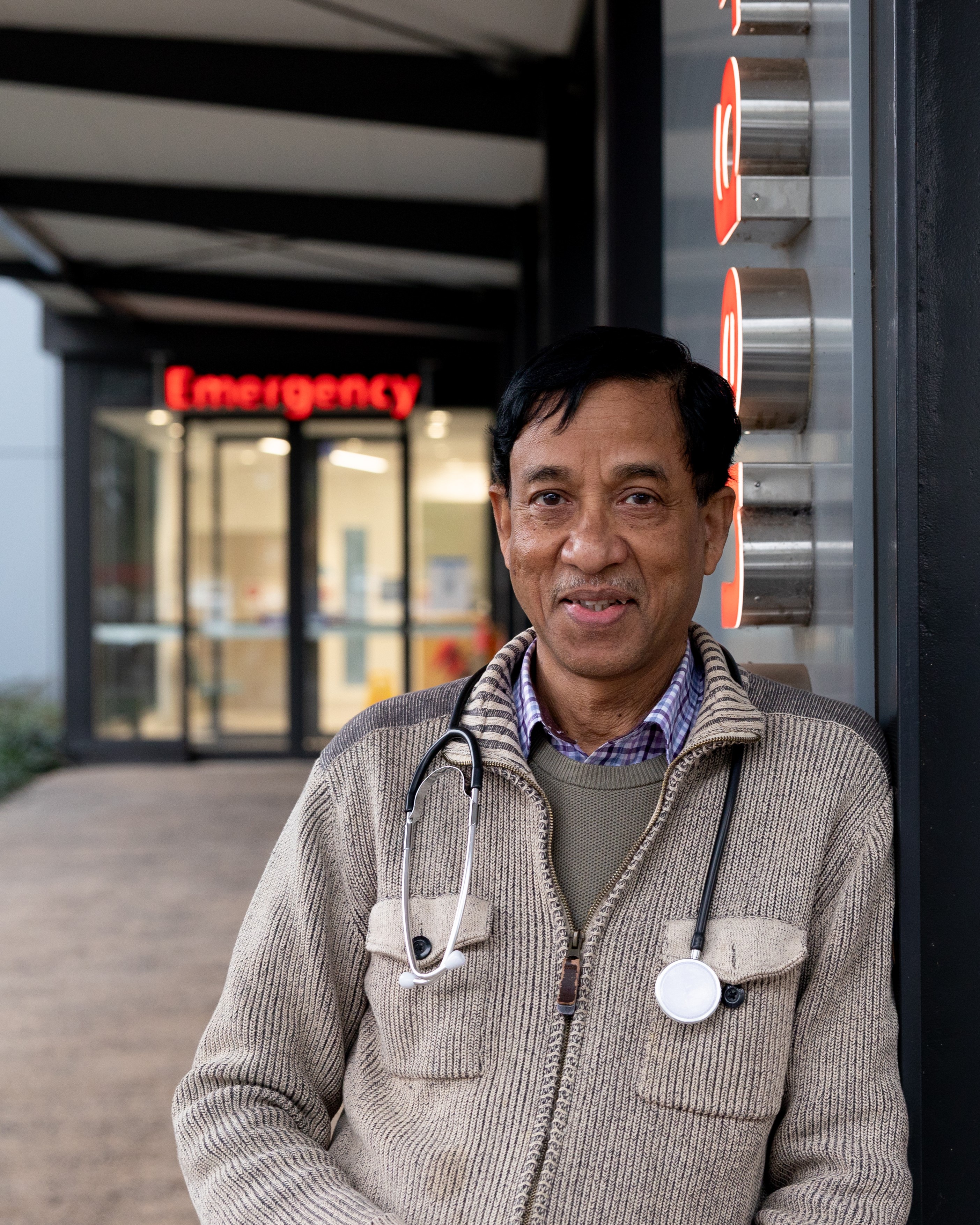About the AST
This AST is designed to build your confidence in managing emergencies across a wide range of settings, with practical, hands-on training tailored for real-world practice.
From pre-hospital care to emergency department assessment and ongoing management, you’ll develop the skills to manage diverse patient needs. Whether working in an isolated solo practice or a regional hospital with specialty services, this AST prepares you for many scenarios.
The curriculum spans essential disciplines including anaesthetics, surgery, orthopaedics, internal medicine, and paediatrics, ensuring you gain the comprehensive expertise required to excel in emergency medicine.

Curriculum highlights / credentials
A Rural Generalist who completes the AST in Emergency Medicine can:
- Work independently as a senior medical officer in a rural hospital
- Work without local specialist emergency support
- Work as part of an on-site team with other skilled medical, nursing and allied health practitioners
- Provide definitive emergency medical care including emergency medicine procedural interventions for patients in Australian Triage Categories 3, 4 & 5
- Provide definitive emergency medical care including emergency medicine procedural interventions for individual patients in Australian Triage Categories 1 and 2
- Provide an emergency advisory resource to other Rural Generalists Advanced Specialised Training Emergency Medicine
- Maximise the effectiveness of specialist outreach and telemedicine services in their communities
- Assist in training other Rural Generalists
- Assist in the development, provision and promotion of emergency services
- Engage in, foster, and encourage research
- Develop health policies and procedures for rural emergency services.
Where you can complete this AST
Training must be done at an ACRRM training post that is accredited in emergency medicine. Browse the training posts below.
Member stories
Read stories of ACRRM members who have or are currently training to have an AST in Emergency Medicine.
For Dr Sarah Goddard, Tennant Creek in the Northern Territory has always been called home, and having the opportunity to move back to work as a GP, surrounded by family and well-known faces, has been a dream come true.
“I guess I am working my dream job. Having the opportunity to work and help my community is so rewarding and being home makes me very happy,” she said.
Tennant Creek is a remote town, with many surrounding cattle stations, roadhouses, and a large Aboriginal community. As there is such a large distance between hospitals and specialist treatment, the patients’ Sarah sees can have complex issues, from chronic disease to acute illnesses, but their personalities and big hearts are what make the job enjoyable.
She's happy to have returned home and is currently in her second year of training, working at both Tennant Creek Hospital and Tennant Creek General Practice.
“I choose ACRRM when I was in medical school because rural medicine was always the path I wanted to take. Plus, being an ACRRM registrar I was able to return to my home community and undertake my training,” she said.
Being an Aboriginal woman, Sarah is very passionate about Indigenous health and being involved in management and education.
Sarah wishes to promote rural and remote medicine especially the Northern Territory. She would like to be able to share her story and inspire people to travel to the NT and experience the rural and remote lifestyle in conjunction with working in the community.
“Rural and remote medicine gives you amazing work life balance, but it also allows you to experience real life medicine, and the ability to really challenge yourself. I’d highly recommend it to anyone."
Photos of Dr Sarah Goddard
Got a question about training?
You can call us on 1800 223 226 or contact the training team.




